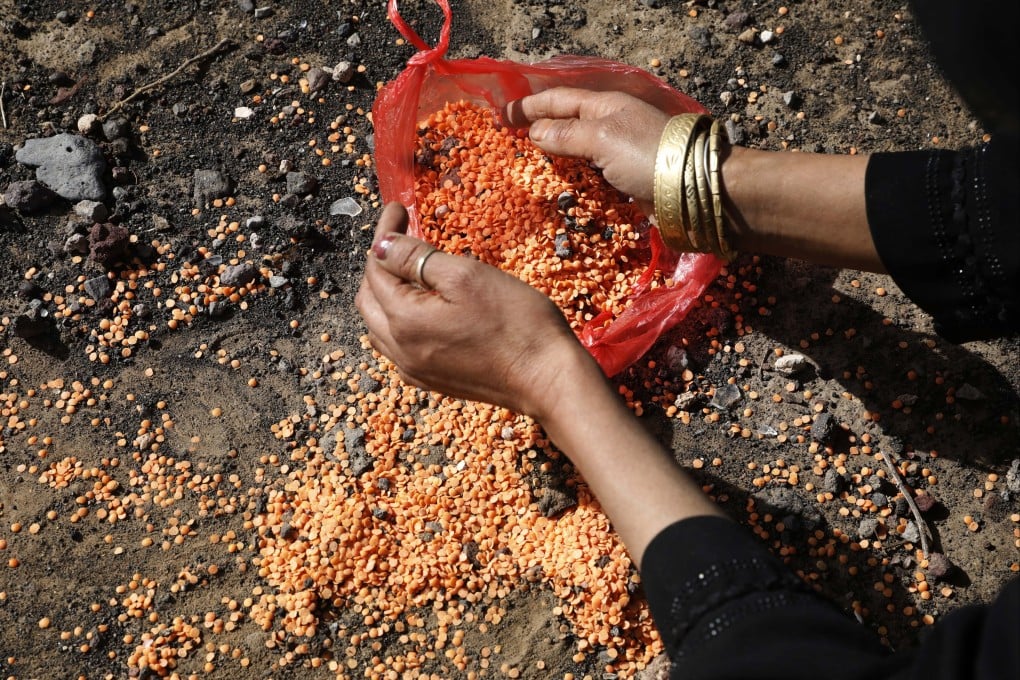Opinion | G20 paralysis is bad news for tackling global food, health and climate crises
- In its early years, the G20 oversaw cooperation on issues ranging from financial stability to inclusive growth and climate change. Today, major players are blocking it from operating effectively
- Geopolitical tensions, war and new national security concerns mean the multilateral coordination of globalisation is now on life support

The G20 summit was created by US president George W. Bush (building on an existing regular summit for finance ministers and central bankers) to address the 2008 global financial crisis. In 2008 and 2009, world leaders came together and pledged more than US$1 trillion to stabilise the global economy, calm markets, and financially reinforce the International Monetary Fund and World Bank.
At that time, the new organisation was considered the world’s most capable, inclusive and dynamic venue for joint action and policy coordination. It proved quite effective in its early years, overseeing cooperation on issues ranging from financial stability and risk to inclusive growth and climate change. But, with major players now blocking it from operating effectively, the G20 cannot deliver the same public goods today.

The G20 process was first damaged by Russia’s 2014 annexation of Crimea, which effectively turned the group into the “G19+1”. And, although a US-China deal on climate change in 2016 reinvigorated the group, US president Donald Trump undermined it again by refusing to sign joint communiqués and rejecting US commitments to the rules-based international order.


